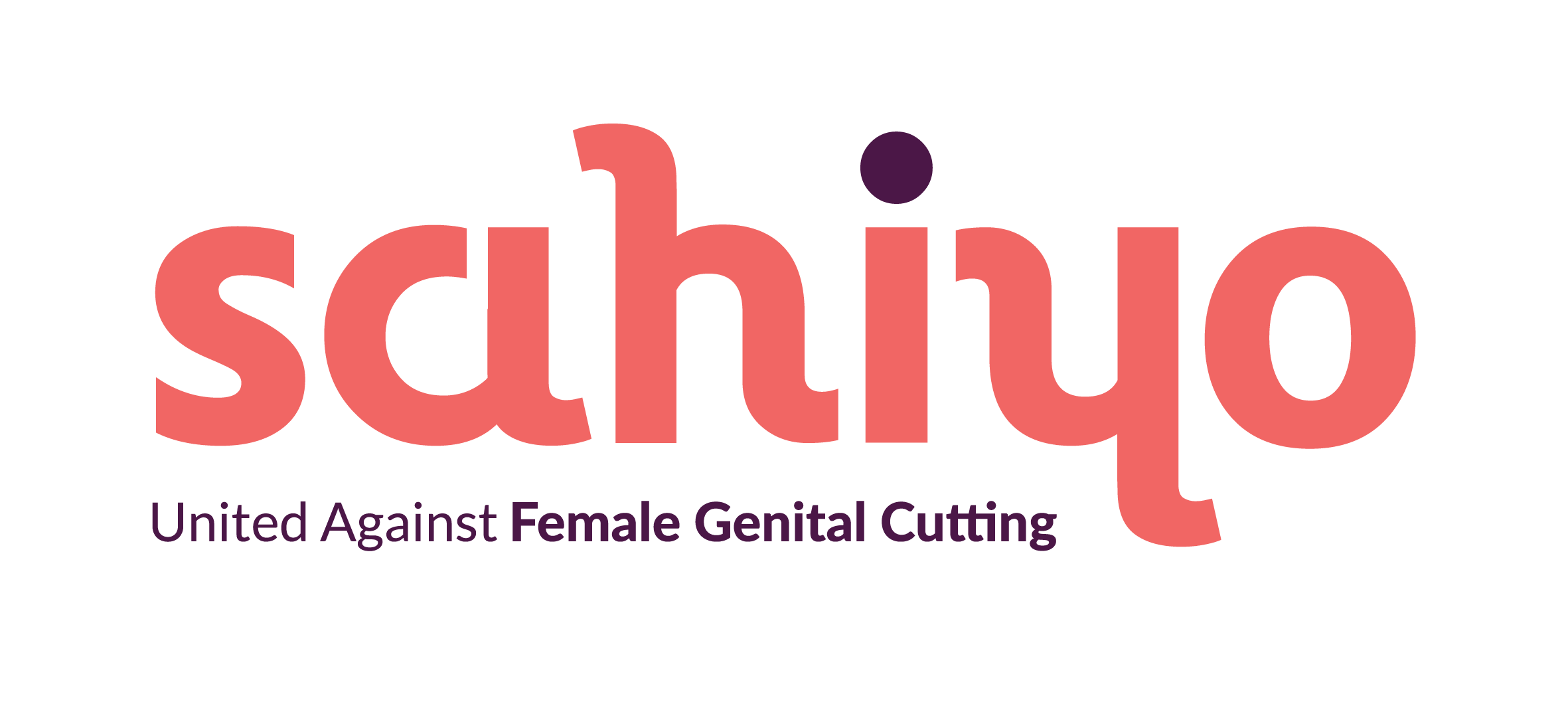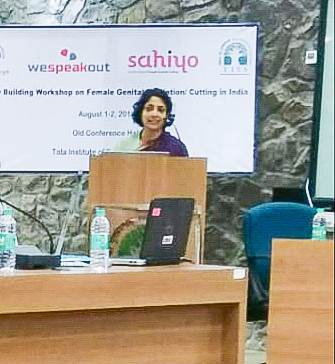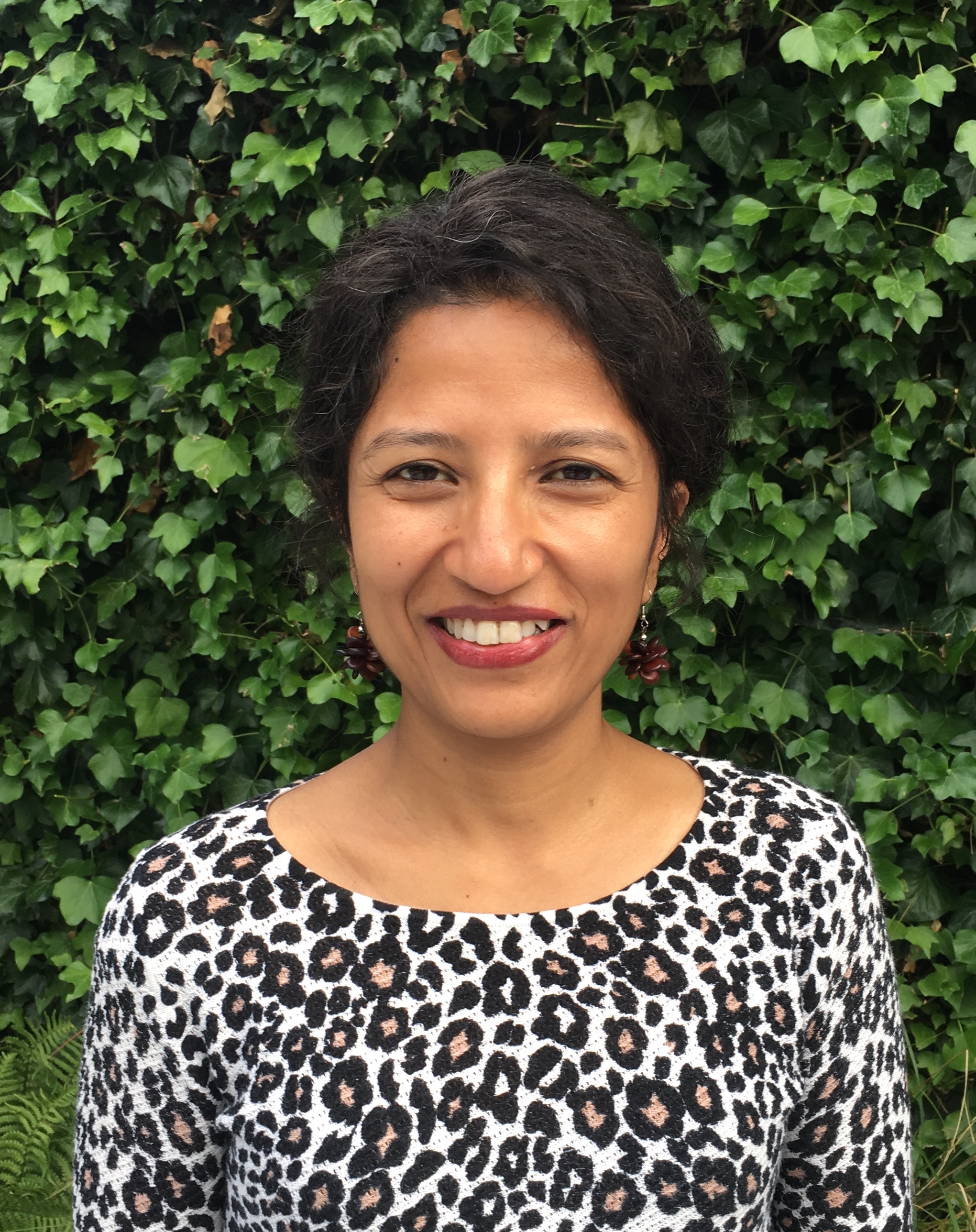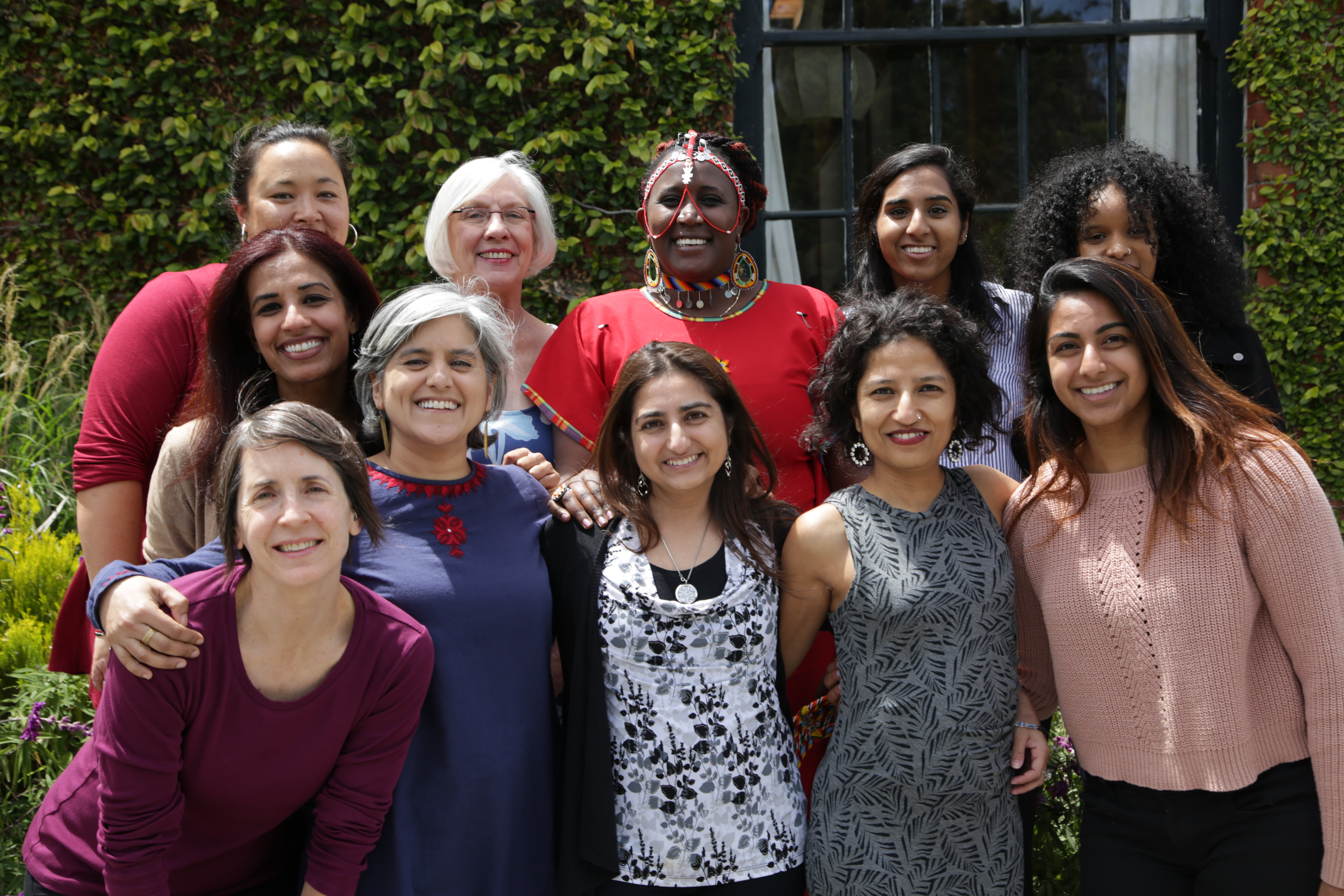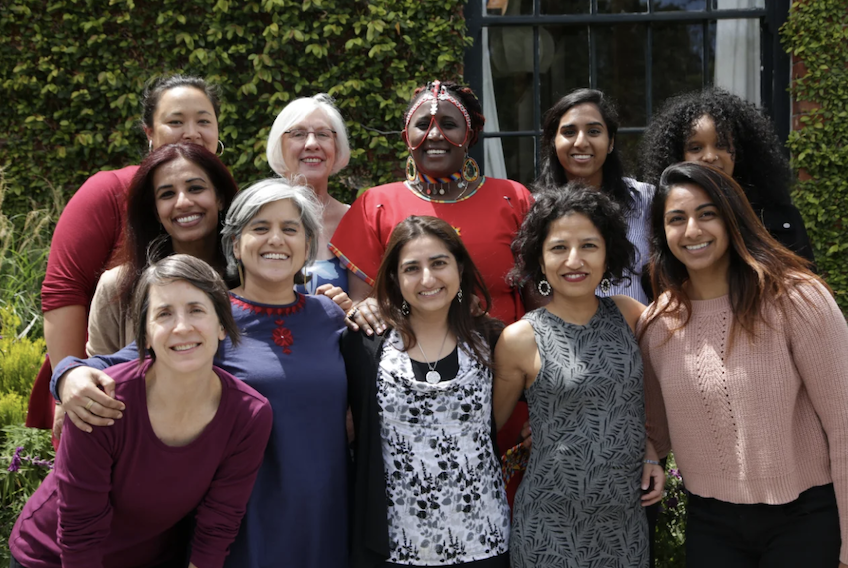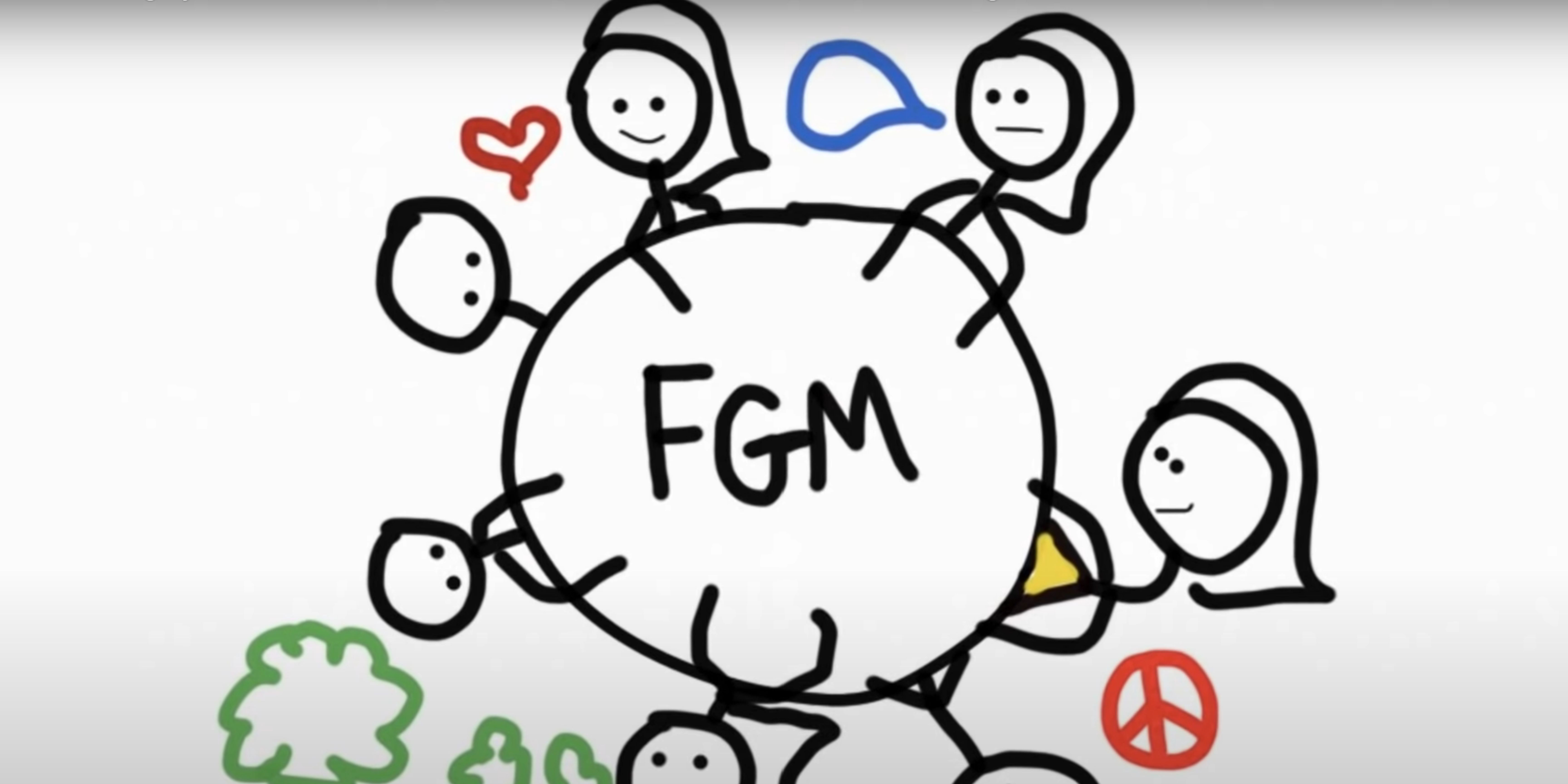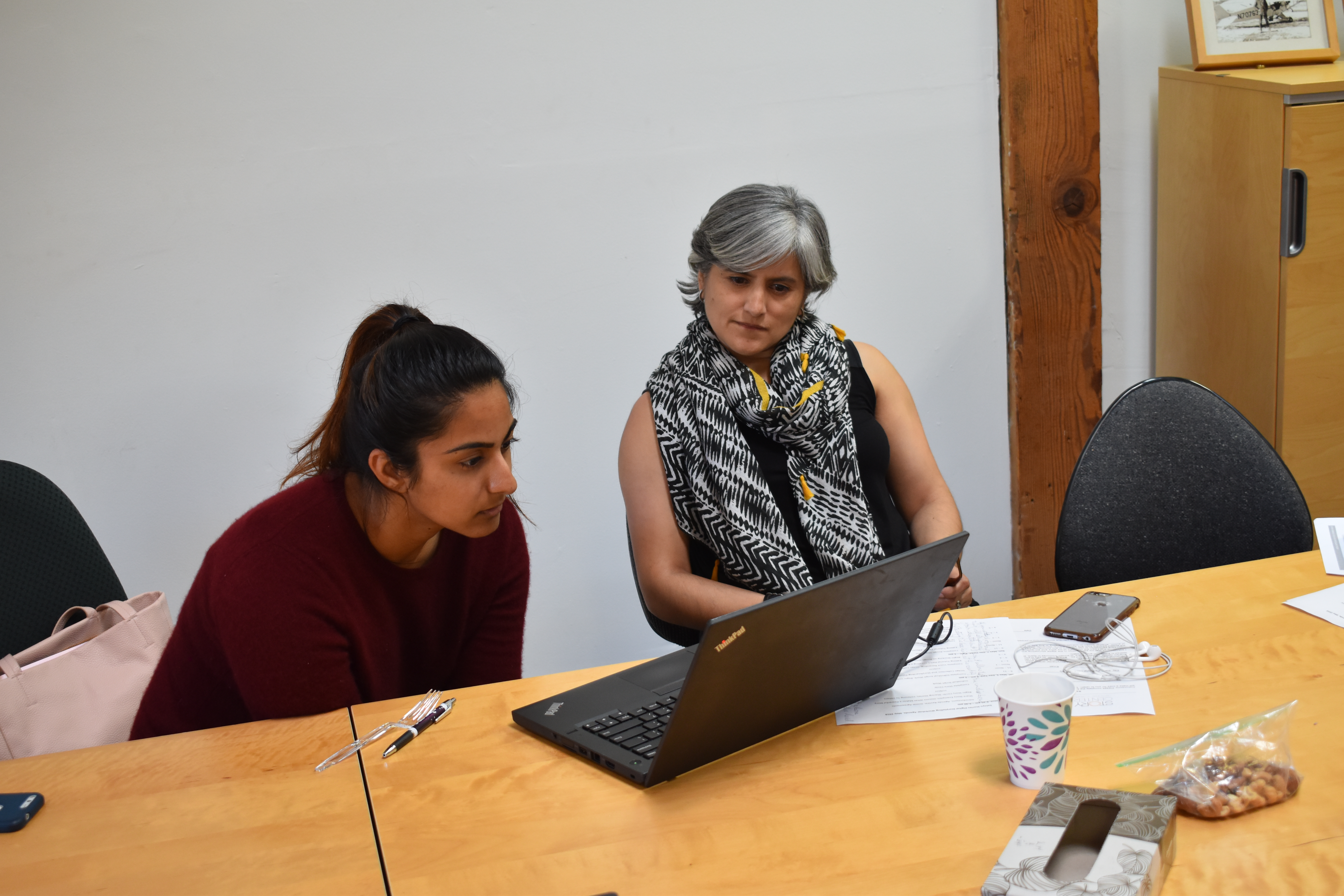Alisha Bhagat, Sahiyo U.S. Advisory Board Chair, is a futurist and senior strategist whose work focuses on the creative use of futures tools to impact long term positive change, particularly around social justice and equality. She currently works at the nonprofit, Forum for the Future, and her work utilizes foresight methods such as systems mapping, scenario planning, and speculative futures to engage with stakeholders on strategic visions and the concrete actions needed to achieve them. She has engaged in systems change projects in many sectors including the food system, the retail sector, and urban planning. She is currently working on a project that examines the rise of nationalist movements around the world. She holds an MS in Foreign Service from Georgetown University and a BS in Anthropology and History from Carnegie Mellon University. She was awarded a Fulbright scholarship in 2005. Alisha also serves on the Board of Bitch Media, a feminist media organization. She is an avid gamer and science fiction enthusiast who spends her weekends chasing her two daughters around Brooklyn. You can find her @alishabhagat.
Zehra Patwa, Sahiyo U.S. Advisory Board Vice-Chair, is the Co-Founder of WeSpeakOut, an organization that strives to work for equal rights for Bohra women in all spheres of life, specifically, on Female Genital Mutilation/Cutting (FGM/C) or khafz. She grew up in London and was educated at the University of Bradford Management Centre in the UK and the Université de Montpellier in France. Zehra lives in the US and currently works in Technology Project Management. She serves on the Board of Hopkins School (New Haven, CT) and on the Board of Integrated Refugee and Immigrant Services – IRIS (New Haven, CT) . After discovering well into adulthood, that Type 1 FGM/C was practiced in her community and that she, too, had been subjected to it, she decided she could no longer keep silent. Although she has no recollection of the practice being done to her, she is vehemently opposed to it and works with WeSpeakOut to expose the practice within, and outside, the community. WeSpeakOut’s focus is to ensure that FGM/C is declared illegal wherever the Bohra community resides and Khafz, as a practice, ends as a social norm in the Bohra community.Maryum Saifee is currently an international affairs fellow at the Council on Foreign Relations. Prior to CFR, she served as a U.S. diplomat in Lahore, Baghdad, Erbil, Cairo, and various postings in Washington. Saifee also worked at the Ford Foundation and spent two years as a Peace Corps volunteer in Jordan. She also worked with South Asian survivors of domestic violence as an AmeriCorps volunteer in Seattle. She published her story as a female genital mutilation (FGM) survivor in the Guardian and has contributed to Al Jazeera, CBC, NPR and other media outlets. Saifee is a graduate of Columbia University’s School of International and Public Affairs and is a CFR term member.
Renee Bergstrom is honored to be included on the Sahiyo Advisory Board to help support the strong dedicated women of the organization. As a survivor, she’s prepared throughout her life for a leadership role in ending FGM/C. In 1981, she spent two weeks at the Women’s Desk of the Lutheran World Federation discussing FGM with international organizations in Geneva, Switzerland. Egypt’s gentle warrior Marie Assaad, then deputy secretary-general of the World Council of Churches, consulted with her. She returned home to further her education including an art degree, a master’s degree in adult education and a doctorate in education in leadership. She recently became faculty for the Academy of Communication in Healthcare. Her story became public while she was attending the End Violence Against Girls Summit on FGM/C December 2, 2016, in Washington, DC. She wishes to use her art, education and communication skills to help young women throughout the world stand up to the human right to an unaltered body. Being included in the Sahiyo StoryCenter video production in Berkeley was an amazing experience with powerful results.
Arefa Cassoobhoy is a board certified internal medicine doctor who is passionate about health literacy and committed to raising awareness of health topics that are currently under the radar and affect vulnerable communities. Her projects focus on empowering individuals and communities to improve their health through collaborations including advocacy, research, and education. As Senior Medical Director at WebMD, Cassoobhoy and the medical team ensure all content across
WebMD is not only correct and current, but also easy to understand and useful. She oversees a national network of doctors that reviews content across the site and works with editorial teams on strategy and content development covering articles, videos, mobile applications and tools. Cassoobhoy sees patients and serves on the Board of Directors at the Clarkston Community Health Center. This rapidly growing, non-profit clinic provides healthcare to underinsured and uninsured individuals many of whom are recent immigrants. Involved with medical education and alumni engagement, Cassoobhoy serves on the Emory School of Medicine Alumni Board and the Rollins School of Public Health Community Advisory Board. Always learning, Cassoobhoy is pursuing board certification in lifestyle medicine. This is an evidence-based approach to prevent and treat disease with changes in diet, exercise and other lifestyle modifications. As a spokesperson for WebMD and Medscape, she is active on social media platforms including Instagram, Twitter, Facebook, and Reddit, as well as media interviews and speaking engagements.
Insia Dariwala, is an award-winning international filmmaker, and a TEDX Speaker, who effectively uses her creativity to spotlight difficult topics of our society in her films, and other visual communications. Through her organisations Sahiyo, and The Hands of Hope Foundation, she has managed to creatively address issues like Female Genital Mutilation-FGM, and Child Sexual Abuse. She has also successfully executed several community projects engaging the medium of storytelling, and visual arts, in an attempt to mainstream such issues. But her most recent victory was getting the Union Cabinet Minister, Maneka Gandhi to sanction her first ever study on Male Child Sexual Abuse in India, and investigate co-relations between unresolved abuse in boys, and the growing rape/violence culture in India. On Women’s day this year, she featured as one of the 100 most inspiring women of India, in a book called ‘The Phenomenal She’. Her recent awards include the Shoorveer Award, the prestigious ‘Women have Wings’ courage award, U.S.A, and the ‘’We the Women ‘H.E.R’ award, in India, hosted by U.N Women and Barkha Dutt. She is also a Change.org Fellow for their flagship program ‘She Creates Change’.
Joanne Golden has been as an Attorney at Boston’s Social Security Administration’s Office of Hearing Operations (OHO) since 2010. She earned her J.D. with Pro Bono Honors from Suffolk University Law School in 2009 and was the 1st recipient of the Suffolk Law School Pro Bono Exemplary Service Award. Joanne’s legal interests are in constitutional and criminal law, as well as civil and human rights issues. During law school, she was part of student-led groups that screened two documentaries on child sex trafficking; wrote newspaper articles on human trafficking; and wrote a paper entitled “Impact of China’s One Child Policy and Cultural Gender Preference on Girl Child Discrimination and Mortality In China.” From 2009 to 2010, Joanne worked with two human rights NGOs in Massachusetts regarding anti-human trafficking; and, since May 2013, she has been a member of a working group to research, draft, and advocate for state-level legislation to ban the practice of Female Genital Mutilation/Cutting (FGM/FGC) in Massachusetts, which is currently outlawed at the federal level and in 26 other states to varying degrees. In addition to her legal education and work, Joanne has earned her BA in International Relations and MBA, both from Boston University, and she worked in the financial services industry for over 15 years with State Street Corporation.
Priya Goswami is an Indian independent filmmaker and co-founder of Sahiyo, a transnational collective working on advocacy against Female Genital Cutting/Mutilation. She is the recipient of the German Chancellor Fellowship by Alexander von Humboldt Foundation and is currently based out of Germany for her research. Her film ‘A Pinch of Skin’ is the recipient of 60th National film award of India and has travelled worldwide. She has worked with the United Nations and national television news network, ‘Zee Business’ as a video producer. Priya is passionate about creating conversation on Gender and Human rights. When not making films, she is always making new travel plans or searching new typography.
Aarefa Johari is a journalist based in Mumbai, India. She has 4 years of experience as a reporter and feature writer with Hindustan Times, a national daily, and currently works with Scroll.in, an online publication. She reports on communities, gender, human rights, urban development and culture. She is an alumnus of the 2013 batch of the International Visitor Leadership Programme, conducted by the United States Department of State. Aarefa may be contacted at This email address is being protected from spambots. You need JavaScript enabled to view it.
Sakina Sharp has advocated against gender-based violence for over two decades. In 2011, she co-founded Awaaz, a 501(c) (3) non-profit organization to help survivors of domestic violence. She led it in an executive leadership and board capacity for 7 years. With a passion to give voice to the issue to female genital cutting, she currently coordinates Sahiyo’s newsletter and drafts the legislative updates. Sakina is a legal and compliance leader with 15+ years of experience in a broad range of enterprise legal issues, including insurance regulatory and privacy law, in large financial services organizations. She has a led large business operations teams and well as multiple legal teams. She received her J.D. from Brooklyn Law School and her B.A. from New York University.
Joanna Vergoth, LCSW, NCPsyA, is the Founder and Executive Director of forma, with 20 years of experience as a business executive followed by 20 years of experience as a Licensed Clinical Social Worker and Certified Psychoanalyst. As a mental health professional, she has dedicated herself to the healing of trauma and in addition to her public service, private practice, clinic and advocacy work, Ms. Vergoth has also studied and volunteered with organizations in London, Cairo, New York and Chicago which provide services to refugees, children of divorce, recovering prostitutes, and immigrant African women and girls. Over the past decade she has become a committed activist in the cause of Female Genital Mutilation (FGM/C) first as Coordinator of the Midwest Network on Female Genital Cutting, and most recently with the creation of forma, which is dedicated to providing comprehensive, culturally-sensitive clinical services to women and families affected by FGM/C as well as offering psychoeducational outreach, advocacy and awareness training.

